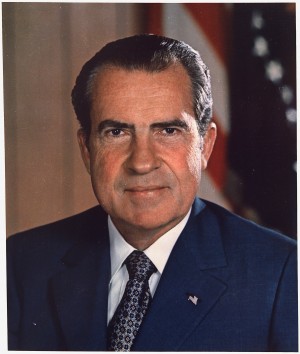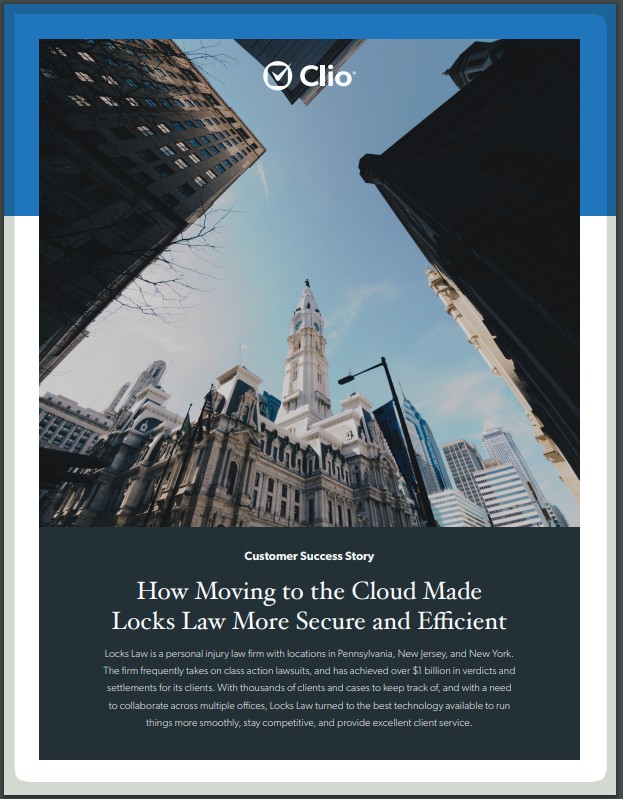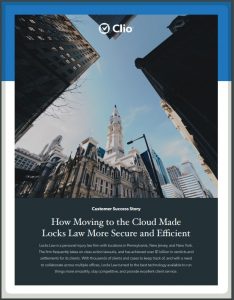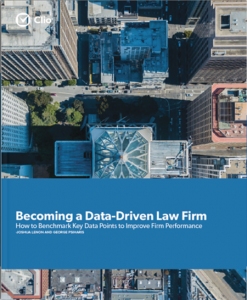 This Halloween, consider going as the litigator’s spirit animal: Richard Nixon.
This Halloween, consider going as the litigator’s spirit animal: Richard Nixon.
As Halloween draws near, it’s time again to reflect on one of the most popular Halloween costumes of all time: Richard Nixon masks. I haven’t thoroughly researched the subject — my colleagues and I have been a little too busy — but as far as I know, Nixon is the only former president to have both a Wikipedia article and a TV Tropes page dedicated solely to masks of his face.
Nixon’s an easy target to kick when he’s down. He’s dead, for one. And the scandals overpower the rest of his memory. Despite his major foreign policy accomplishments, he’s often ranked by historians somewhere between Calvin Coolidge (who signed into law a massive increase in the progressivity of the income tax and an expanded estate tax) and James Garfield (who made it only six months). As the years go by, the legend compounds and eventually overshadows the reality. David Foster Wallace famously described Nixon as looking “like a Nixon mask,” which is about right.
But in addition to having the best presidential Twitter account, Nixon was probably the only president to have been a commercial litigator. Depending on how you count, he’s the only modern president to have been a practicing lawyer at all. And throughout his life, he held on to the litigator’s instinct to keep fighting, no matter what. If you’re a litigator and don’t have that instinct — or don’t have it enough — you may want to spend some time trying to be more like Nixon.
NIXON WAS A FIGHTER
Nixon was, more than anything, a fighter. Somewhere in the Nixon–Frost interviews, the former president let his politician’s bonhomie slip a little and started calling out the lazy and the complainers:
To me, the unhappiest people of the world are those . . . going to parties every night, playing golf every afternoon, then bridge. Drinking too much, talking too much, thinking too little. Retired. No purpose.
And so, well, I know there are those who will totally disagree with this and say, “Gee, boy, if I could just be a millionaire, that would be the most wonderful thing. If I could just not have to work every day, if I could just be out fishing or hunting, or playing golf, or traveling, that would be the most wonderful life in the world.” They don’t know life, because what makes life mean something is purpose. A goal. The battle. The struggle. Even if you don’t win it.
I know a lot of people, and I can understand it, say, “Gee wiz, it just isn’t fair, you know, for an individual to get off with a pardon simply because he happens to have been president, when another individual goes to trial and maybe has to serve a prison sentence for it.” I can understand how they feel. I can only say that no one in the world, no one in our history, could know how I felt. No one could know how it feels to resign the Presidency of the United States.
Is that punishment enough? Oh, probably not. But whether it is or isn’t, as I have said earlier in our interview, we have to live with not only the past but for the future, and I don’t know what the future brings but whatever it brings I’ll still be fighting.
Nixon’s appetite for a fight was legendary. Even Hunter S. Thompson, in his scathing Nixon obituary, took a moment to praise the fact that Nixon “had the fighting instincts of a badger trapped by hounds,” which fought by “rolling under the throat of the enemy and seizing it by the head with all four claws.” Yes, Nixon anticipated the popularity of the honey badger by half a century. Or as Roger Ebert described him in his review of Meet Joe Black, Nixon was “a man who can use anger like a scalpel, while still standing back to monitor the result.”
Despite having what a kinder obituary euphemistically called “a personality that seemed ill-suited to retail politics” — Nixon always seemed to dislike others even more than they disliked him — once he decided for whatever reason to become a politician, he didn’t let up. Even Thompson grudgingly admired his “meteoric rise from the unemployment line to the vice presidency in six quick years.” Other men would have found other work after the humiliation of the Checkers scandal, let alone the 1960 election, but Nixon picked himself up and just kept on fighting.
Nixon wasn’t just a fighter himself, he was the cause of others being fighters. He gave rise to Roger Stone and Roger Ailes, who in their own way went on to remake the world a little bit more in Nixon’s image. Stone even has a tattoo of Nixon’s face on his back. The man inspired loyalty.
NIXON WAS A WINNER
Things eventually ended badly for Nixon, but as Tom Cruise’s character from Cocktail (and the careers of most British prime ministers) reminded us, everything ends badly, otherwise it wouldn’t end.
But before he went down in flames, Nixon’s fighting paid off in huge victories. In his final election, he won the presidency with 520 electoral votes against 17, carrying 49 states. Other than George Washington — who apocryphally turned down being named king — Nixon stands electorally unmatched. And it looks increasingly unlikely that anyone will ever beat him.
Nixon’s downfall eventually came because he loved fighting so much, he couldn’t stop, and was finally taken down by a rogue senior FBI official. But that’s a problem for politicians, not litigators. For politicians, much of their job is building consensus, and they’re often forced to fight with people who don’t want to fight with them, which quickly becomes dull. But litigators get to spend most of their time fighting with people who are paid to fight with them, which is great. Nixon may have been much happier if he’d stayed as a litigator.
THIS HALLOWEEN, BE MORE LIKE RICHARD NIXON
I have no secret insights into Nixon’s mind, but by my reckoning, he’s the spirit animal for all litigators. Maybe even the patron saint. He fought tirelessly and fanatically, coming back after humiliating defeats. He may have had his faults, but nearly a quarter century after his death, I don’t really care. His sheer tenacity and willpower endure, and those are praiseworthy, whatever else the man may have done.
So this Halloween, consider taking out your Nixon mask (which every American has somewhere) and reflect on how you can apply those principles to your life. And start litigating your cases more like Richard Nixon would.
 Matthew W. Schmidt has represented and counseled clients at all stages of litigation and in numerous matters including insider trading, fiduciary duty, antitrust law, and civil RICO. He is of counsel at the trial and investigations law firm Balestriere Fariello in New York, where he and his colleagues represent domestic and international clients in litigation, arbitration, appeals, and investigations. You can reach him by email at [email protected].
Matthew W. Schmidt has represented and counseled clients at all stages of litigation and in numerous matters including insider trading, fiduciary duty, antitrust law, and civil RICO. He is of counsel at the trial and investigations law firm Balestriere Fariello in New York, where he and his colleagues represent domestic and international clients in litigation, arbitration, appeals, and investigations. You can reach him by email at [email protected].















 Get a better starting point with attorney created legal documents, checklists, guides and more. »
Get a better starting point with attorney created legal documents, checklists, guides and more. » Gain a clear strategic advantage with the fastest answers and most valuable insights. »
Gain a clear strategic advantage with the fastest answers and most valuable insights. » Simplify your matter management, client communication and financial reporting in one seamless tool. »
Simplify your matter management, client communication and financial reporting in one seamless tool. »